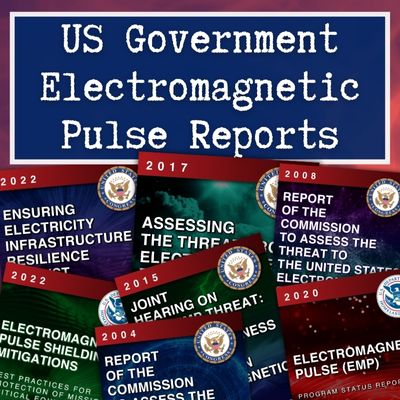Prepping for Healthcare Shortages
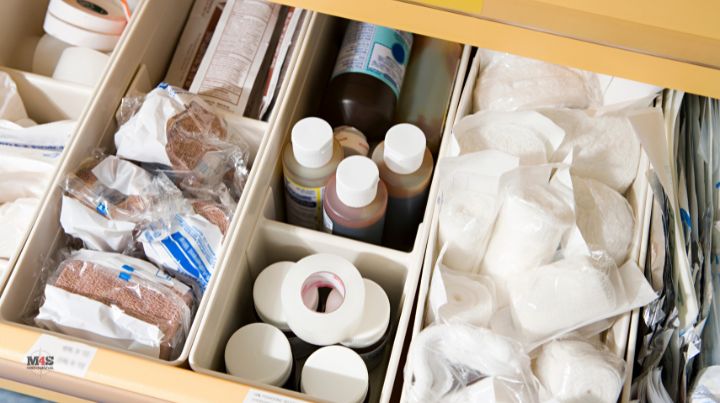
Health care is “the organized provision of medical care to individuals or a community.” It is clear from reading that definition just how much may go wrong when a link in the intricate and lengthy medical supply chain breaks. Here’s how to prepare for times when health and medical care are unavailable or overwhelmed.
Shortages in the medical system can happen for many different reasons. Consider the vast array of raw materials needed to produce medicines, medical supplies, and specialized equipment. It becomes obvious that any malfunction or disruption in the supply of resources (or employees) can have a significant impact on large portions of the population and have negative outcomes.
Without forgetting the issues caused by the COVID-19 scare and all the measures put in place by governments worldwide to contain it, there’s currently a whole list of real and present threats from the economy, geopolitics, and social unrest to emergency care, surgery, and intensive care. And that’s not even mentioning other potential Black Swans.
Healthcare and Medicine Have Changed a Lot During the Last Half-century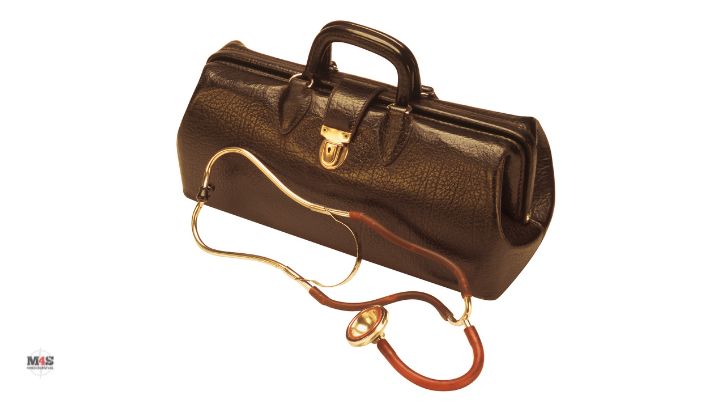
My grandparents were considerably more knowledgeable and resourceful than my parents in dealing with medical issues, at least the most common and frequent ones. My folks still know a lot more than my generation (“X”), which, not by coincidence, is the first generation of true healthcare consumers. We shop for health care as we shop for retail goods and services, and newer generations aren’t much different.
Most people nowadays – including older generations – rely on the extensive and advanced health system to care for even the slightest disorders. As always, that has good and bad sides. One disadvantage is dependency. As we know, any system can fail or become overwhelmed. That highlights the importance of being prepared for such situations.
Investing Limited Resources (Money, Time, Space) Requires Prioritization
That’s the case for common people – you and me. Other than chronic health issues that demand frequent exams and therapeutic or intensive treatment, the most common ailments affecting us every day are easy to treat with OTC medicines or even alternative substances for milder cases.
Those are allergies, sickness, colds, and others, as also injuries and traumas. If you build your medical kit, I suggest breaking down the items by purpose. The following is not a comprehensive list, just a starting point, and other strategies are listed below.
- Therapeutic treatment
These may require specific equipment and drugs that can have adverse or collateral effects if misused and thus may not require a prescription and exact dosages. Always consult with your doctor, and never self-medicate.
- Allergies and others
To protect and combat discomfort caused by allergies and other skin issues: anti-itch and fungal creams, antihistamines, sunburn relief ointment, and sting relief topicals. Mostly OTC stuff.
- Sickness and others
To relieve pain, fever, coughs, heartburn, indigestion, diarrhea, and gastrointestinal issues: Pepto Bismol, Imodium, Aspirin, ibuprofen, cough syrups, drops, etc. Also, OTC items, for the most part.
- Minor and medium injuries and traumas (first aid)
Treatment of wounds, burns, cuts, and bruises: antibacterial and antimicrobial ointments, blood-clot agents, gauzes, and other items to stop bleedings, immobilize body parts, protect the skin, and so on.
Important!
Certain insect and animal attacks, poisonings from plants and other substances, extreme bleeding, and other more serious or extensive injuries may call for expert care and procedures.
You and others around you can benefit from having some basic understanding in that situation. It can mean the difference between life and death to know how to correctly stabilize some of these circumstances and what actions to avoid that could make matters worse. One classic example is when and how to properly use a tourniquet.
Consult Your Physician

At least in industrialized and emerging countries, where systemic information is more reliable and readily available, practitioners are regularly kept updated about the state of the health care system, including the availability of common and prescription drugs.
Talk to your doctor if you have a condition. Discuss with him the idea of creating an emergency plan with stockpiles and backups in case of equipment, and life support systems problems. You can also make arrangements for emergency communication and transportation, in the event of interruptions caused by social disorder, strikes, and other issues.
Observe Your Medication Regimen
Monitoring the state of the supply chain is important for anyone using therapeutic medications in intensive care. “Many factors, including manufacturing and quality issues, delays, and discontinuations, can result in drug shortages.” By the way, that information is taken directly from the U.S. Food and Drug Administration website.
The FDA works closely with manufacturers “to prevent or reduce the impact of shortages.” The Drug Shortages Staff (DSS) keeps the list updated based on information from all manufacturers (In Europe, this is provided by EMA’s Medicines Shortages Steering Group (MSSG). Use the links provided to access the information you need, or contact the agencies in your country directly.
Investigate Alternatives
Pharmacists and clinicians can collaborate to find suitable substitutes as well as other dosages, preparations, or manufacturers. In such circumstances, they can seek advice from a compounding pharmacy to develop a replacement. In order to prevent fear or feeling left out if something happens, doing this beforehand is crucial.
Stockpile
It’s usually a good idea to keep a supply of therapeutic frequent-use medications and an assortment of OTC medications for the most prevalent illnesses and ailments on hand (see above). A proactive and logical purchase procedure can help prevent panic buying if something happens, just like with food, money, and other essential supplies.
The quantity depends on the number and age of individuals (and don’t forget about the pets!). There is no one-size-fits-all answer: you must conduct your own analysis. Determine your needs if you know how much you consume. Overall, I’d advise every home to keep at least a three-month supply of over-the-counter medicines and a six-month supply of antibiotics on hand.
Educate Yourself
As noted earlier, previous generations were healthier even though they lacked some of the resources we enjoy now. However, preventive medicine and other medical and technological advancements have increased life expectancy by a fair margin during the last half-century.
Regardless of your opinion on the matter, gaining more knowledge is always a good thing. Nobody has to become an authority on the subject, though. A wonderful strategy to learn the fundamentals is to compile a reference collection on healthcare and medical materials. Another choice is to purchase a few decent books on the subject, however I’d advise you to read them at least once to gain insight.
Maintain Your Health
That might seem apparent, and it goes without saying that some people have prior medical disorders that may restrict their ability to make attempts to improve or maintain their general health on a mental, physical, or even a financial level. However, merely avoiding unhealthy behaviors can help one’s health.
Regardless of their position, the majority of people can do a lot to improve their situation. For instance, reading, learning a new skill, meditating and practicing positive visualization, doing breathing exercises, sunbathing, all the way to physical activities to be flexible, fit, and healthy. These are far preferable to wasting time binge-watching, munching, posting, or debating on social media; even a little bit helps.
A Healthy Mouth Is the First Step to Good Health
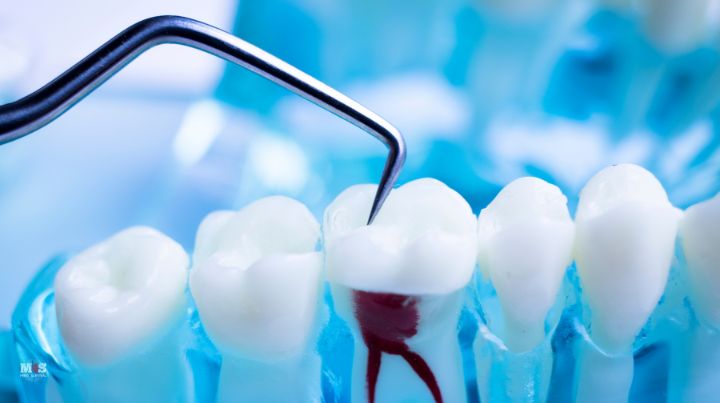
Not just by eating better foods, but also by taking good care of your teeth and gums. I’ve seen that the homeless who practice better dental hygiene practices have generally stronger immune systems and better general health. Although it’s only anecdotal, my observations are backed up by research.
To prevent harming the gums, the healthy bacteria in our system, and the structure of our teeth, it is advised not to overdo it. However, based on my observations and research, maintaining good oral hygiene pays off. Make sure to floss, brush your teeth two or three times per day, and go to the dentist at least once a year (twice if you have recurrent issues).
An excellent resource to keep on hand for at-home dental emergencies is When There Is No Dentist, by Murray Dickson. If interested, you can find it here.
Community Assets
It is typical in many less developed nations and underdeveloped communities to establish local communities where people can exchange knowledge and healthcare resources, such as equipment and procedures. It is also pervasive in rural areas, where there are few and far between hospitals and other healthcare facilities. You can accomplish it online, but get started right away because creating such a network may take some time.
Health cooperatives offer a wide range of medical services in my home country, including consultations, physical therapy regimens, and first aid and emergency room attendance. Some are supported by nearby businesses that want to protect the health and safety of their employees and their families.
Medical services are frequently bartered in less populous or developed areas. My parents reside in a tiny rural town where some of the doctors “barter” their medical services for items like fresh food and auto repairs.
Conclusion and Closing Remarks
A service or utility disruption is unlikely to last for very long, especially one that affects something as essential as healthcare and medical services, if we look at history. But even shorter ones can have detrimental effects when it comes to health.
Start today, no matter what course of action or approach you take to address the shortages and disruptions in the healthcare system. The worst moment to make important judgments and take decisive action is when something happens. And let’s be honest, the situation is unstable everywhere.
Additional Resources:
- Prepper Medical Supplies: OTC Meds
- Disaster Medicine Basics
- The Ultimate Survival Gear Handbook by Fabian Ommar
- 12 Best Wound Care Supplies (Survival Medical Kit)
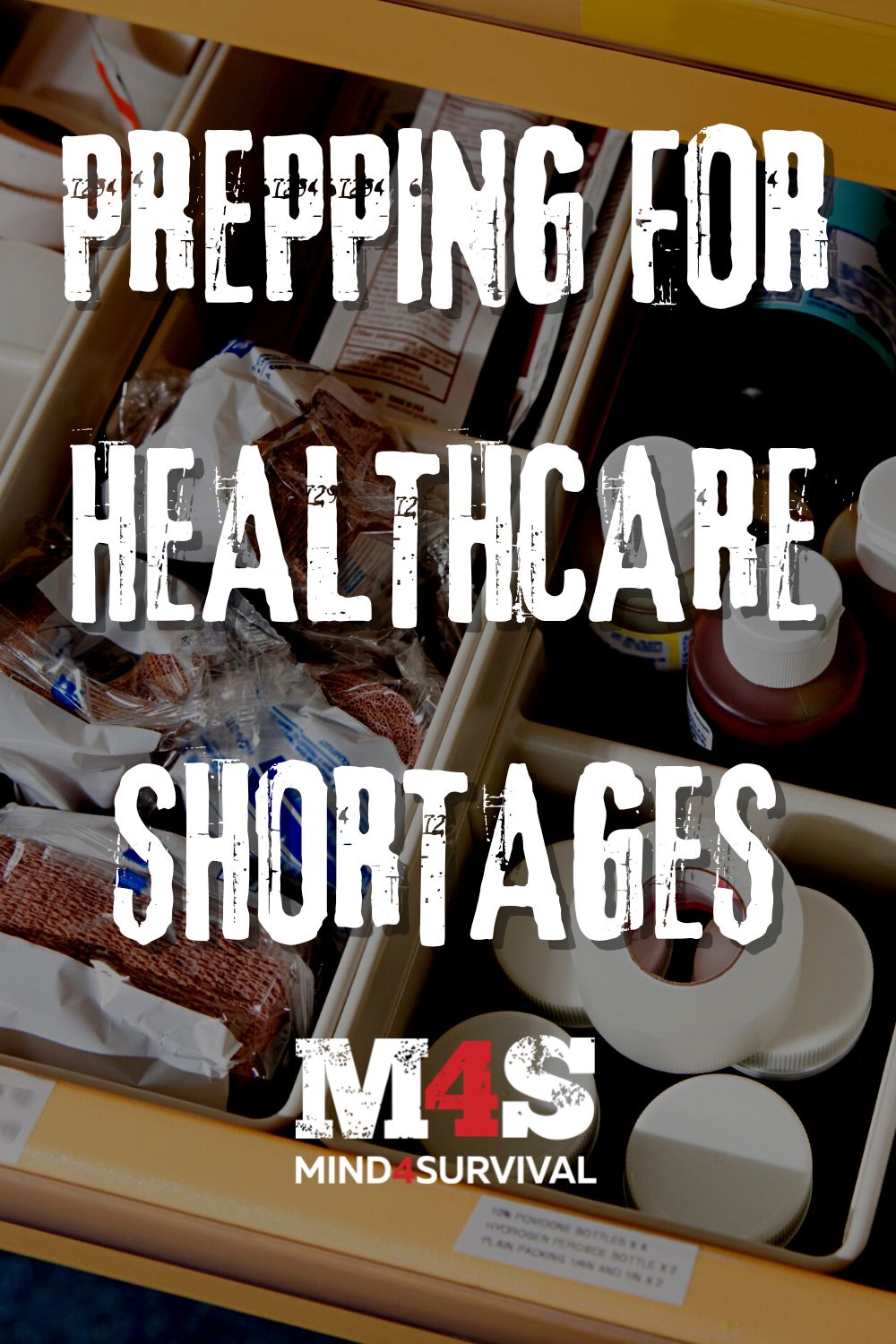
Don't Miss Out!
Join the thousands of people who rely on Mind4Survival preparedness advice by subscribing to our FREE newsletter.
- Practical preparedness information
- Zero Spam
- < 0.25% of people unsubscribe




Join Mind4Survival!
Stay informed by joining the Mind4Survival! 100% Secure! 0% Spam!
Follow Us!
Affiliate Disclosure
Mind4Survival is a free, reader-supported information resource. If you make a purchase through our link, we may, at no cost to you, receive an affiliate commission.

